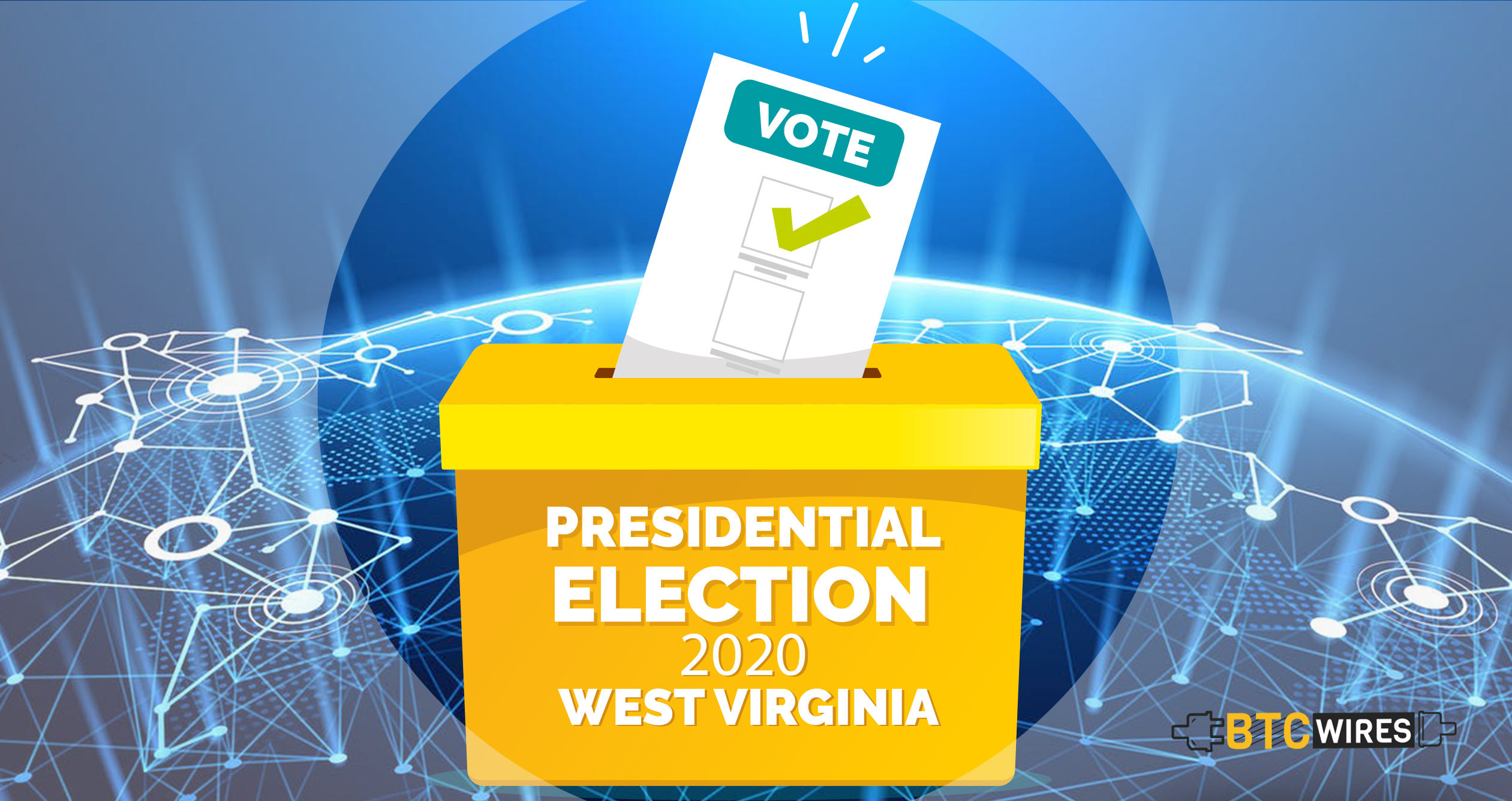In 2018, West Virginia made history by becoming the first

In 2018, West Virginia made history by becoming the first state of the United States of America to use blockchain technology to enable mobile voting for the midterm elections. Now that the US Presidential election is coming up next year, the elections director and deputy legal counsel working in the West Virginia Secretary of State’s Office, Mr. Donald Kersey, has stated that the state will continue to use this technology for voting purposes.
The state had been using the services of a mobile blockchain startup called Voatz in the last election and the same firm will be worked with in the upcoming Presidential elections in 2020.
In an interview with a news media outlet, Kersey said that a key reason why the state was so keen on continuing with blockchain-based mobile voting was to make sure US military personnel who are posted outside the country on duty can also cast their votes and have their voices heard in the democratic process.
Donald Kersey is said to have commented:
“In America, we have a democratic government. The folks that represent us, that pass our laws, they are elected by the populace. And a big part of our community in America is our military.”
As Kersey repeatedly emphasized, military personnel who have been given stations and posts put of the country, find it extremely difficult to send in their secret ballots via email or physical mail because of the nature of their postings. For them, this mobile voting process would be the most convenient.
In fact, a lot of US citizens who leave abroad often do not even take the initiative to vote. As per reports from The Federal Voting Assistance Program, just seven percent of the total number of voters staying overseas had come forward to submit their ballots for the last Presidential election (in 2016, which brought Donald Trump to power).
Moreover, he says, many overseas voters don’t even vote at all. The Federal Voting Assistance Program reported that only around 7% of overseas voters submitted ballots for the 2016 presidential election.
Clearly, both civilian expats and military personnel can benefit from the blockchain voting option. Kersey praised the technology, saying:
“[Blockchain is more secure] because there is no one single point of failure. You have a host of nodes that are storing the data. It’s also highly encrypted.”

